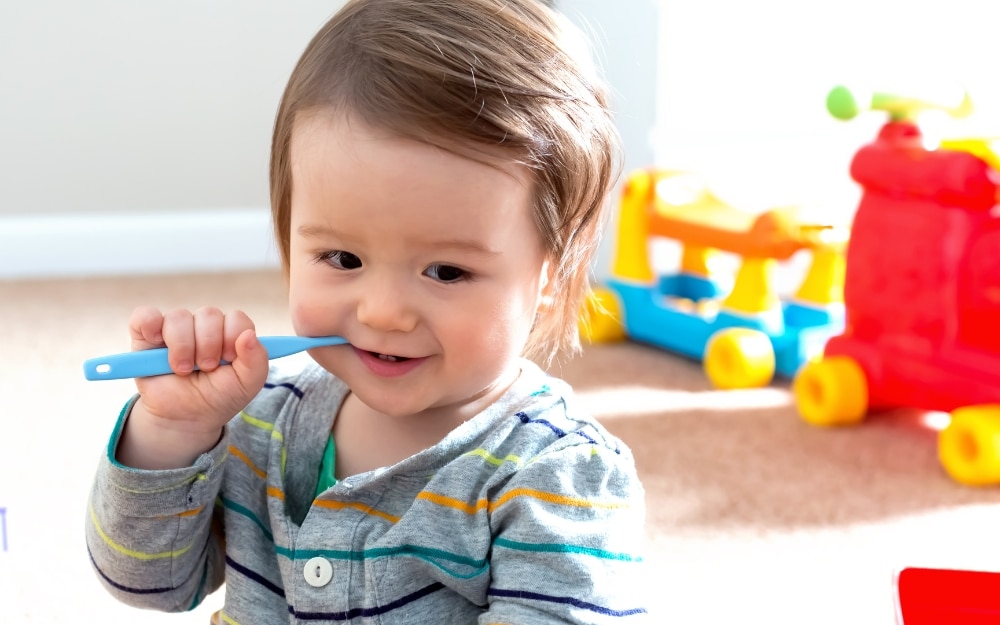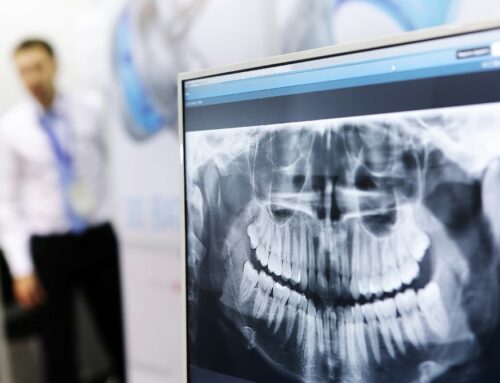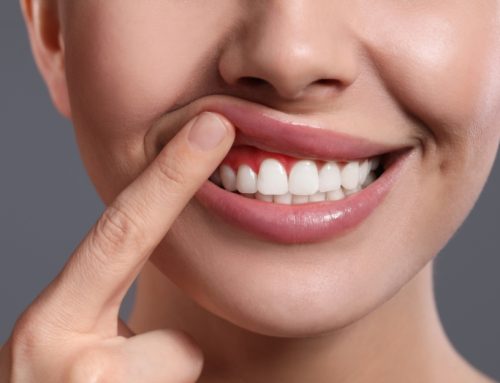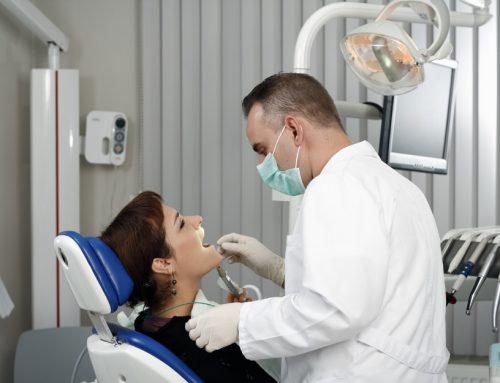This is the 2nd part of our Toddler Teeth Tips series, where we have been answering all of your toddler teeth questions.
Earlier, in part one, we discussed toothbrushing and some practical ways to get your toddler into a great dental hygiene routine at an early age.
Today, in part two of our Toddler Teeth Tips guide, we are going to focus on some other things you can do outside of tooth brushing time to help set your child up for dental health success.
Are Bottles Bad For Toddlers’ Teeth?
This is a question we get asked a lot here at Pier Dental Centre.
Parents whose toddlers are still using bottles are often concerned that this may negatively impact the development of their new teeth.
In this WebMD article, Keith T. Ayoob, EdD of the American Academy of Pediatrics says that parents should ideally be looking to switch their toddlers from bottle to cup at around 18 months old, but definitely before 2 years.
The question of when to wean your toddler off of the bottle is a complicated one, and not something we’re going to get into here in today’s article.
From a purely dental health point of view though, switching your toddler from a bottle to a cup at an earlier age is likely going to be beneficial.
Drinking from a bottle means that the milk or juice usually stays in the mouth longer and has more time to work its way into all areas of the mouth, whereas drinking from a cup is faster and less damaging to teeth.
Is Milk Bad For Toddlers’ Teeth?
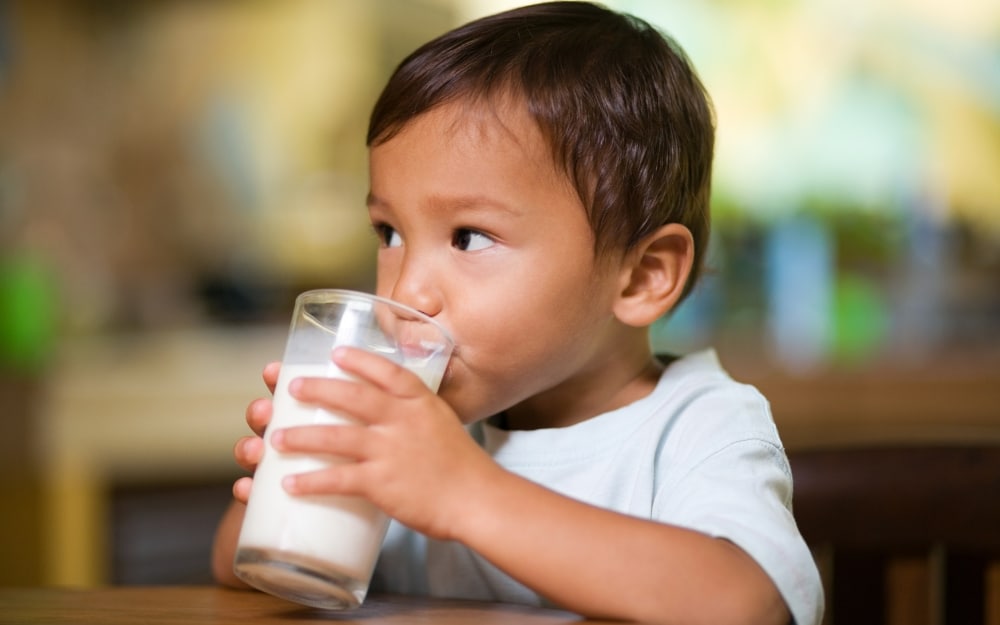
Lots of new parents ask us this question.
Milk is high in calcium, which is an important mineral for the healthy development of bones and teeth.
That’s one of the reasons why giving milk to babies and toddlers is important, as this is the stage of their lives where their bones are growing and developing the most.
Calcium in milk helps to give their bodies what they need to continue to grow and be healthy.
So why might milk be bad for your toddlers’ teeth?
As well as containing important minerals, milk is also high in lactose.
Lactose is essentially a type of sugar, and sugar is the main ingredient that cavity-causing bacteria rely on in order to thrive in the mouth.
Bacteria that naturally occur in the mouth feed on sugar that is left over on the surface of your teeth and create acidic conditions that erode the teeth over time. This is how cavities are created.
Due to its high lactose content, milk can have a negative effect on your toddlers dental health if it is not managed correctly.
Regular and thorough teeth brushing will help to remove the leftover sugar from the mouth and prevent it from causing problems.
Another important tip is to try not to let your toddler fall asleep with a bottle of milk. Try to get them into the habit of going to sleep with freshly brushed teeth, to prevent the sugars in the milk from sitting on their teeth overnight.
What Should I Do About Cavities In My Toddlers’ Teeth?
Cavities in children’s teeth are not uncommon, and can usually be treated relatively easily by your dentist.
Starting regular dental checkups at an early age will help you to be able to catch cavities and other issues at an early stage and prevent them from developing into something more serious.
Getting your child into the habit of having regular dental checkups is also another vital part of building their dental health routine and helping them to be proactive about their oral health from a young age.
A good family dentist also knows how to make your toddler feel welcomed and excited to visit the dentist office. Here at Pier Dental Centre, our family dental clinic has been welcoming families into our North Vancouver clinic for years.
If you think your child may have cavities that require treatment or if you’d like to schedule a comprehensive dental health exam, contact your friendly Pier Dental Centre team today to make an appointment at 604-986-9161.
Choosing a new pediatric dentist can be a difficult decision. If it is your first time, we recommend reading our article Finding a Pediatric Dentist in North Vancouver.

